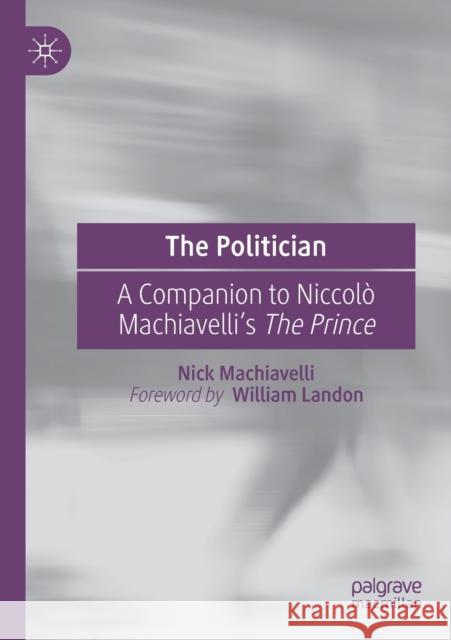The Politician: A Companion to Niccolò Machiavelli's the Prince » książka
topmenu
The Politician: A Companion to Niccolò Machiavelli's the Prince
ISBN-13: 9783030390938 / Angielski / Miękka / 2021 / 200 str.
The Politician: A Companion to Niccolò Machiavelli's the Prince
ISBN-13: 9783030390938 / Angielski / Miękka / 2021 / 200 str.
cena 301,89
(netto: 287,51 VAT: 5%)
Najniższa cena z 30 dni: 289,13
(netto: 287,51 VAT: 5%)
Najniższa cena z 30 dni: 289,13
Termin realizacji zamówienia:
ok. 16-18 dni roboczych.
ok. 16-18 dni roboczych.
Darmowa dostawa!
Kategorie BISAC:
Wydawca:
Palgrave MacMillan
Język:
Angielski
ISBN-13:
9783030390938
Rok wydania:
2021
Wydanie:
2020
Ilość stron:
200
Waga:
0.28 kg
Wymiary:
21.01 x 14.81 x 1.24
Oprawa:
Miękka
Wolumenów:
01
Dodatkowe informacje:
Glosariusz/słownik
Wydanie ilustrowane
Wydanie ilustrowane











